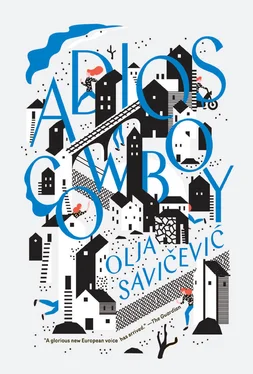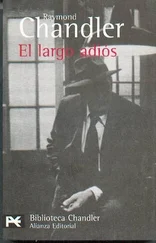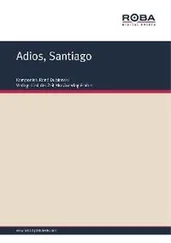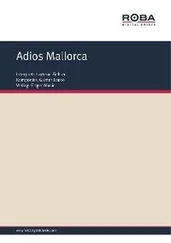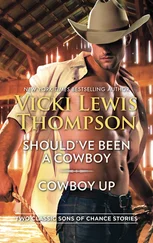“But there’s no money in this country. My sister says that we’ve been robbed by our bigwigs and heroes.”
“Then they’ve got the money,” says Mrs. 0.
The engine could be heard puffing like a sportsman before the start of a race.
“Have we met somewhere before?” I ask.
“No. People often ask me that. I seem familiar,” says 0.
She’s blushing, I observe. You don’t expect a person of such poise to blush.
I turn my head away and pretend to be watching the railway coming back to life, the strikers getting increasingly tiny and the views changing. I observe the town as though it’s unfamiliar, and the more success I have with looking through the eyes of an unknown man or woman, the more alien the town is to me — the more I like it. The more I like it, the less I care about it. And the other way around.
“This town cannot be conquered in any familiar way, it is inherited like an illness,” said Herr Professor. “That’s what Vrdovđek and those like him cannot grasp,” he said. “The town will devour their brain and soul, far more quickly than they will destroy it.”
I wouldn’t be so sure, I reflect.
The train rumbles over the rocky ground. I shield my eyes from the sun with my hands so as to see the prairie in the distance, the infertile Majurina and the house of my old enemies and friends from my childhood, the Iroquois Brothers. And I look also, into the distance, so as not to miss the place where I had briefly, but fundamentally, fallen for Angelo. Colpo di fulmine , said my great-grandma, the insatiable one . It lasts an instant and the picture is lost. We are emerging from the urban catacombs and before us the plain begins to stretch out, with its fields and trees, a few houses and the hill in the distance. Soon one can no longer see the suburbs, the Old Settlement, or the sea.
Celia Hawkesworth taught Serbian and Croatian at the School of Slavonic and East European Studies, University College, London, 1971–2002. She has published numerous articles and several books on Serbian, Croatian, and Bosnian literature, including the studies Ivo Andrić: Bridge between East and West (Athlone Press, 1984); Voices in the Shadows: Women and Verbal Art in Serbia and Bosnia (CEU Press, 2000); and Zagreb: A Cultural History (Oxford University Press, 2007). Her translation of Dubravka Ugresić’s The Museum of Unconditional Surrender was short-listed for the Weidenfeld Prize for Literary Translation, and The Culture of Lies won the Heldt Prize for Translation in 1999.
Olja Savičević is a poet, writer, and journalist from Split, Croatia. Her first collection of poetry was published when she was only fourteen, and since then she has published six collections of poems, a short story collection (which won a prize for the best prose author under thirty-five), and a novel. She regularly collaborates with theaters as a dramatist and lyricist, and two of her short stories have been adapted into short films. Adios, Cowboy was awarded the best Croatian novel of 2011 by T-portal and was adapted into a successful stage play the following year. An excerpt of the novel was included in Dalkey Archive’s Best European Fiction 2014 and won Savičević a place at the International Writing Program at the University of Iowa. Her work has been translated into more than seventeen languages.
